Capsules d'oméprazole [28 capsules]
Comprimés de pantoprazole [28 comprimés]
Capsules de lansoprazole [28 capsules]
Comprimés d'oméprazole [28 comprimés]
Comprimés de lansoprazole [28 comprimés]
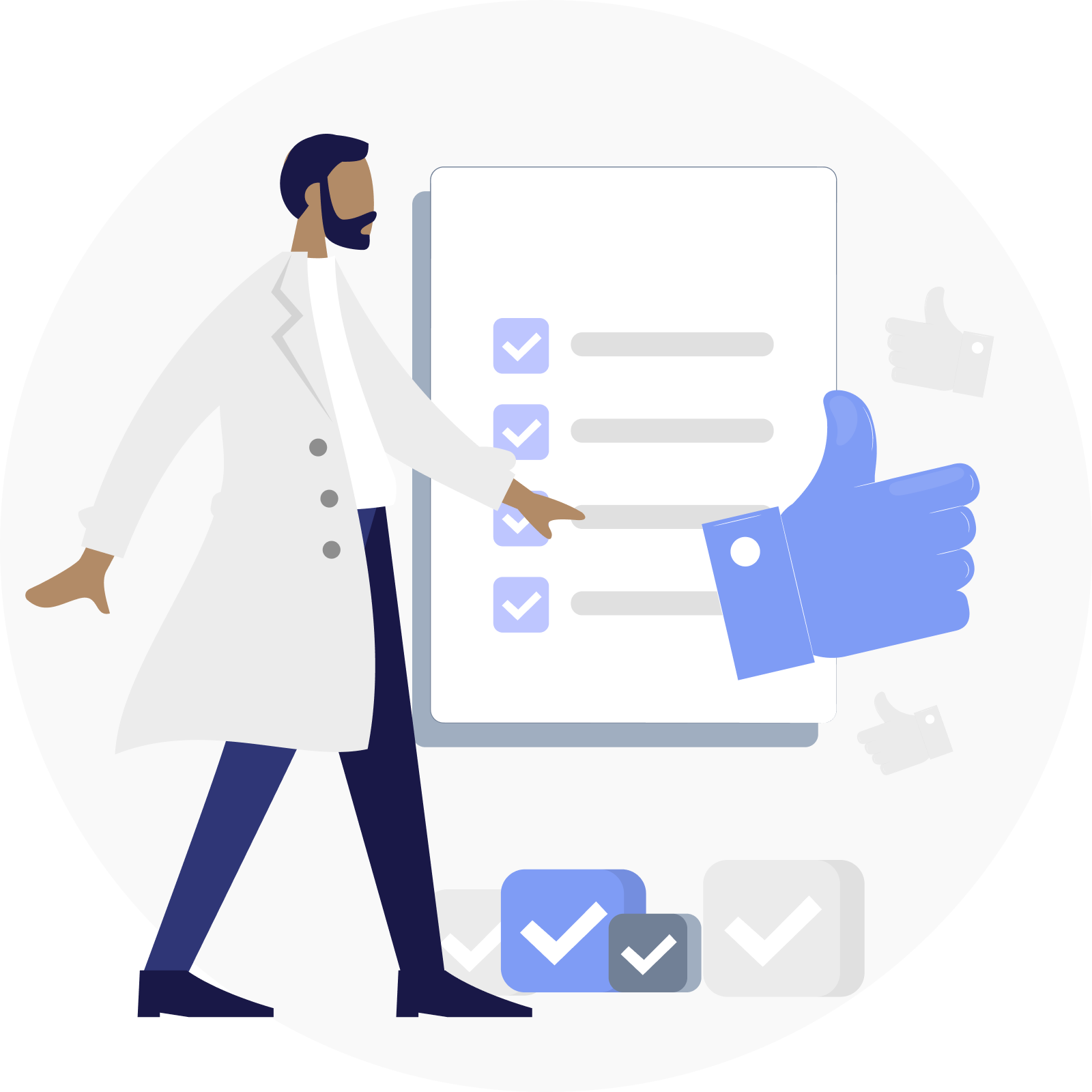

Qu'est-ce que Brûlures d'estomac et dyspepsie ?
Prend environ 2 minutes pour terminer.
À propos de Brûlures d'estomac et dyspepsie
Causes
Diagnostic
Traitements
La prévention
Plus d'infos
FAQ
Quels sont les facteurs de risque de brûlures d’estomac et de dyspepsie ?
Quels sont les différents types de symptômes de brûlures d’estomac et de dyspepsie ?
Quel est le pronostic des brûlures d’estomac et de la dyspepsie fonctionnelle ?
Quand dois-je consulter un médecin ?
Nous sommes là pour vous aider 👋
Pour obtenir de l'aide, veuillez contacter notre service client à info@rightangled.com. Nous sommes disponibles du lundi au vendredi de 8h à 17h. Pour les problèmes urgents, veuillez ne pas utiliser cet e-mail. Appelez plutôt le 111 ou le 999 en cas d’urgence.

![Omeprazole Capsules [28 capsules] - Rightangled](http://www.rightangled.co/cdn/shop/files/omeprazole-capsules-28-capsules-1680141.jpg?v=1763653534&width=1080)
![Omeprazole Capsules [28 capsules] - Rightangled](http://www.rightangled.co/cdn/shop/files/omeprazole-capsules-28-capsules-3783079.jpg?v=1763653535&width=1080)
![Omeprazole Capsules [28 capsules] - Rightangled](http://www.rightangled.co/cdn/shop/files/omeprazole-capsules-28-capsules-8645549.jpg?v=1763653536&width=250)
![Gaviscon Advance Chewable Tablets [60 tablets] - Rightangled](http://www.rightangled.co/cdn/shop/files/gaviscon-advance-chewable-tablets-60-tablets-3611300.jpg?v=1763653527&width=600)
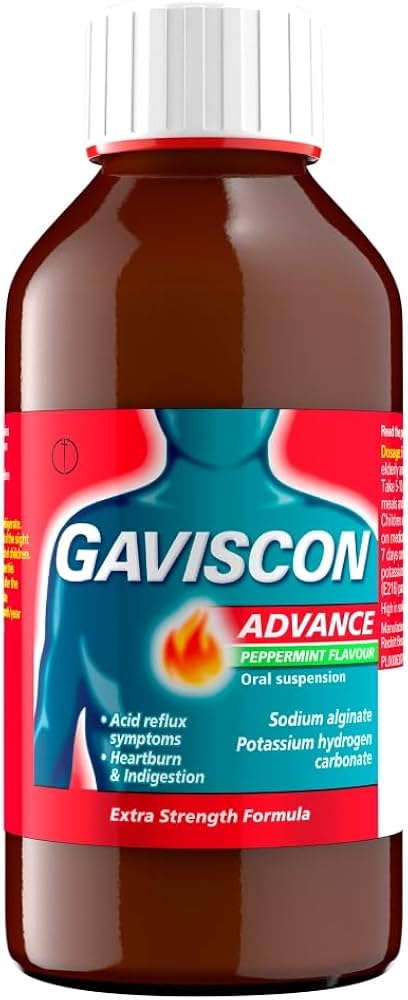
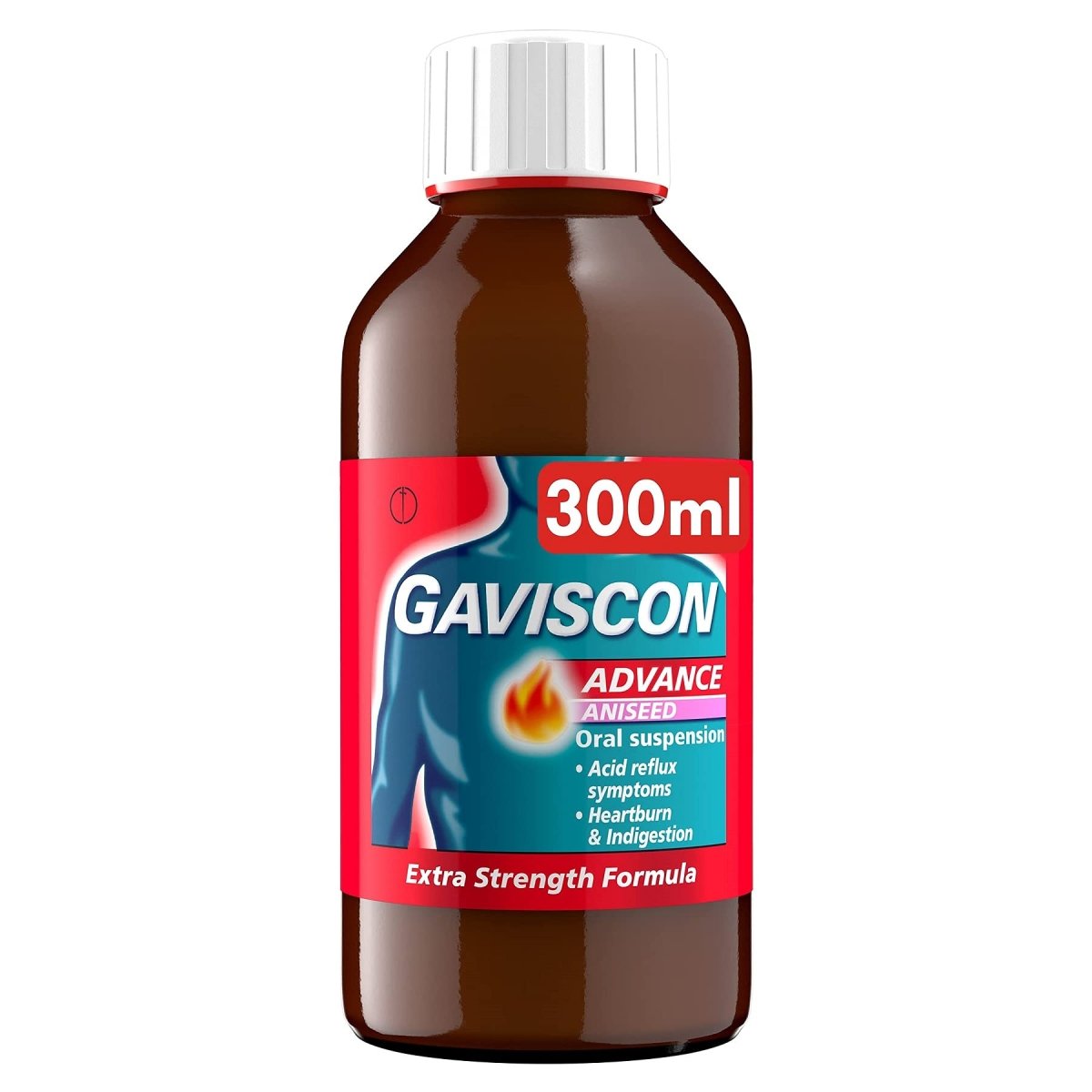
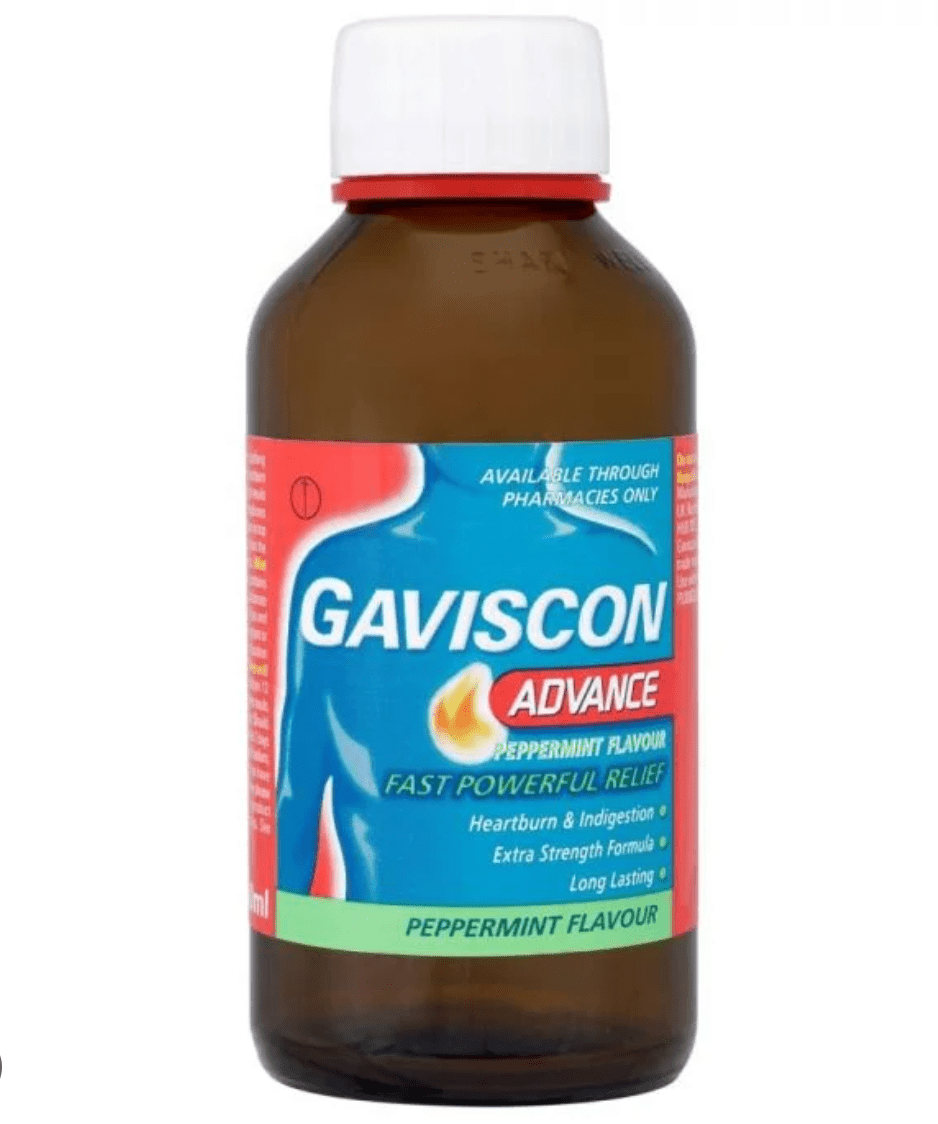
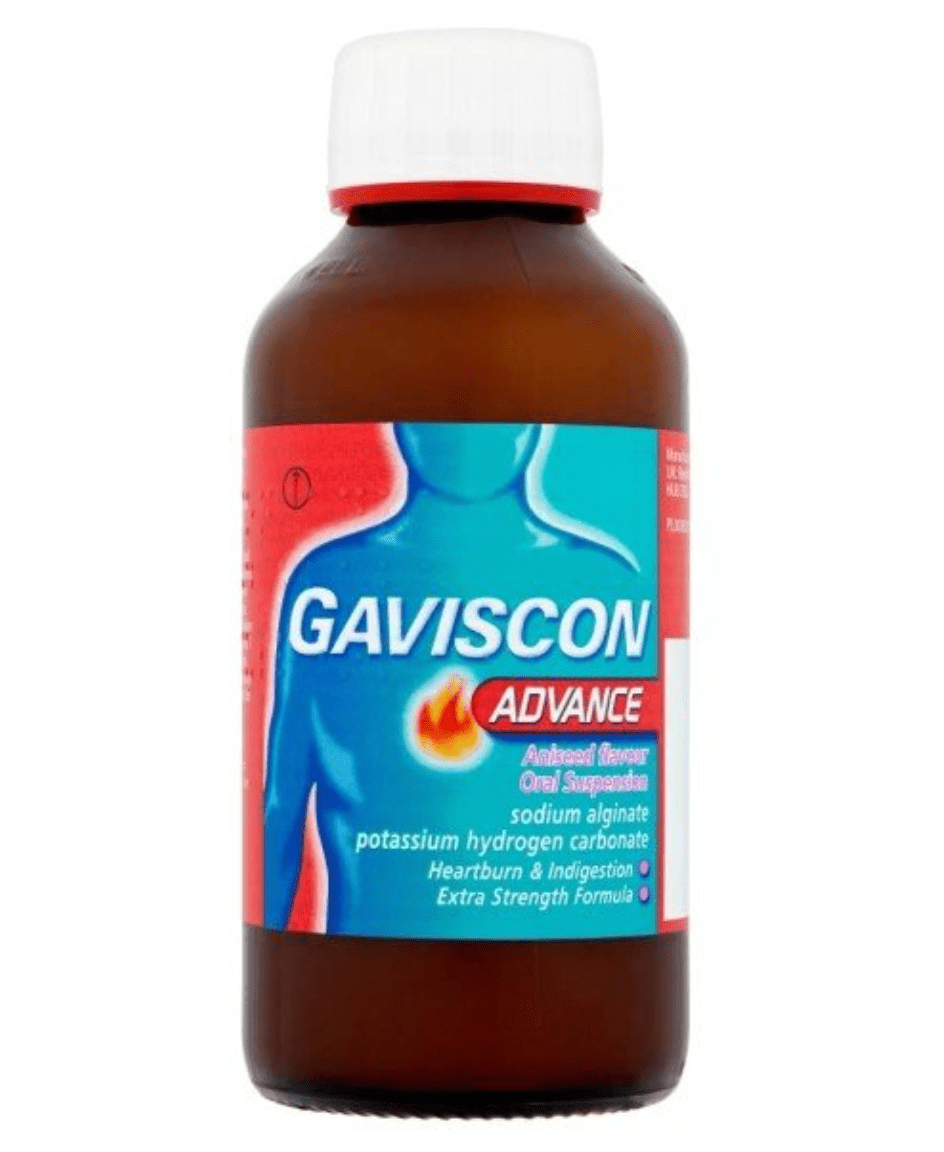
![Pantoprazole Tablets [28 tablets] - Rightangled](http://www.rightangled.co/cdn/shop/files/pantoprazole-tablets-28-tablets-9944771.jpg?v=1763653530&width=1200)
![Pantoprazole Tablets [28 tablets] - Rightangled](http://www.rightangled.co/cdn/shop/files/pantoprazole-tablets-28-tablets-3211148.jpg?v=1763653530&width=600)
![Lansoprazole Capsules [28 capsules] - Rightangled](http://www.rightangled.co/cdn/shop/files/lansoprazole-capsules-28-capsules-8036070.jpg?v=1763653535&width=1080)
![Lansoprazole Capsules [28 capsules] - Rightangled](http://www.rightangled.co/cdn/shop/files/lansoprazole-capsules-28-capsules-6911694.jpg?v=1763653535&width=1080)
![Lansoprazole Capsules [28 capsules] - Rightangled](http://www.rightangled.co/cdn/shop/files/lansoprazole-capsules-28-capsules-5501035.jpg?v=1763653536&width=1080)
![Lansoprazole Capsules [28 capsules] - Rightangled](http://www.rightangled.co/cdn/shop/files/lansoprazole-capsules-28-capsules-7126907.jpg?v=1763653536&width=1080)
![Omeprazole Tablets [28 tablets] - Rightangled](http://www.rightangled.co/cdn/shop/files/omeprazole-tablets-28-tablets-1717017.webp?v=1763653529&width=768)
![Omeprazole Tablets [28 tablets] - Rightangled](http://www.rightangled.co/cdn/shop/files/omeprazole-tablets-28-tablets-3727157.jpg?v=1763653530&width=340)
![Esomeprazole 20mg Tablets [28 tablets] - Rightangled](http://www.rightangled.co/cdn/shop/files/esomeprazole-20mg-tablets-28-tablets-7818671.jpg?v=1763653528&width=1200)
![Esomeprazole 20mg Capsules [28 capsules] - Rightangled](http://www.rightangled.co/cdn/shop/files/esomeprazole-20mg-capsules-28-capsules-8132356.jpg?v=1763653527&width=450)
![Lansoprazole Tablets [28 tablets] - Rightangled](http://www.rightangled.co/cdn/shop/files/lansoprazole-tablets-28-tablets-6908065.jpg?v=1763653532&width=1200)
![Lansoprazole Tablets [28 tablets] - Rightangled](http://www.rightangled.co/cdn/shop/files/lansoprazole-tablets-28-tablets-5794127.jpg?v=1763653532&width=1200)